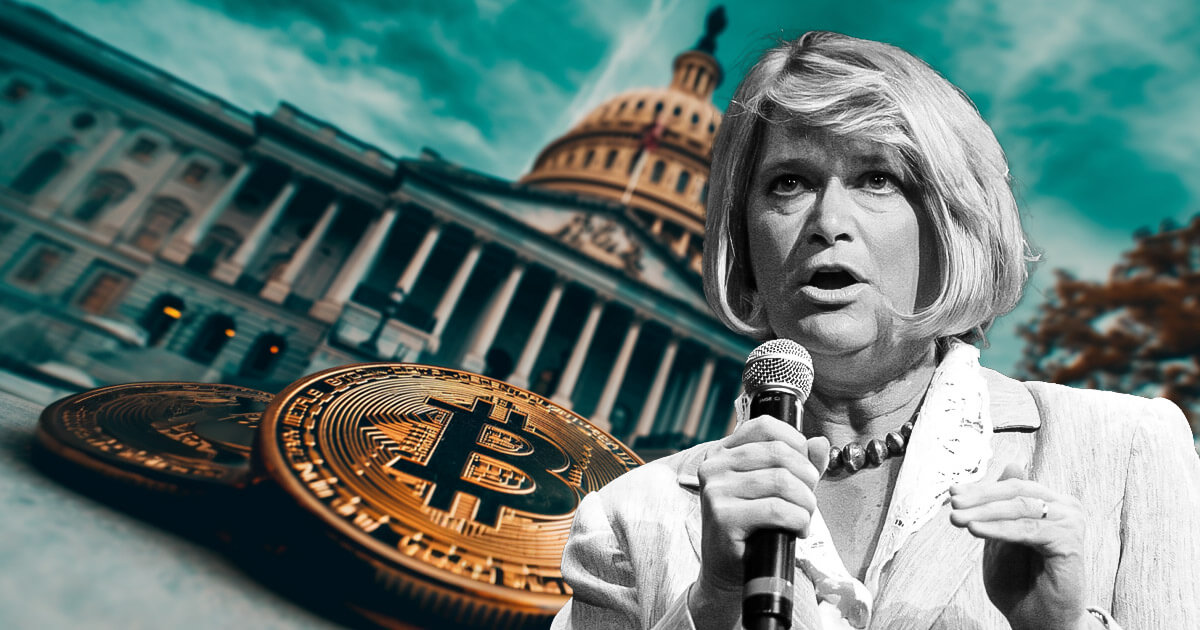Senator Lummis ‘deeply concerned’ by Biden administration’s actions against DeFi, non-custodial wallets
Senator Cynthia Lummis expressed deep concern regarding recent actions by the Biden administration, which she perceives as a threat to the principles of the Bitcoin network and the broader DeFi sector.
In a statement released on May 1, Lummis criticized the Department of Justice’s (DOJ) latest legal interpretations, which argue that non-custodial software platforms — like wallets — might be regulated as money transmission services.
According to Lummis, this stance contradicts existing guidance from the Treasury and undermines the rule of law and fundamental American property rights. She said:
“The Department of Justice’s hyper-aggressive argument that non-custodial software can constitute a money transmission service contradicts existing Treasury guidance, common sense, and violates the rule of law.”
She further emphasized that such interpretations threaten the very core of individual liberty concerning digital asset ownership and management.
‘Your keys’
Lummis, a vocal proponent of crypto in Congress, argued that the ability to hold one’s own cryptographic keys and to operate a personal node is a critical aspect of digital property rights. She added that she remains committed to defending these rights vigorously, saying:
“I will do everything I can to fight for your rights to hold your own keys and run your own node.”
The Senator’s concerns highlight ongoing debates within federal regulatory circles about the best approach to integrate crypto into the US financial system without stifling innovation or infringing individual freedoms.
The issue has become increasingly pertinent as Bitcoin and other digital assets gain mainstream acceptance and prompt discussions about appropriate regulatory frameworks.
The DOJ’s interpretation has sparked a significant backlash among crypto advocates, who argue that such regulatory moves could have chilling effects on the development of the DeFi ecosystem. They believe that excessive regulation could stifle innovation and restrict the potential growth of the US as a leader in the digital finance industry.
Legal experts are divided on the issue, with some suggesting that the DOJ’s stance is necessary to prevent illicit activities often associated with decentralized platforms, such as money laundering and fraud. Others argue that the federal approach needs more nuance to protect consumers and the burgeoning sector’s entrepreneurial spirit.
Mentioned in this article
Credit: Source link






























